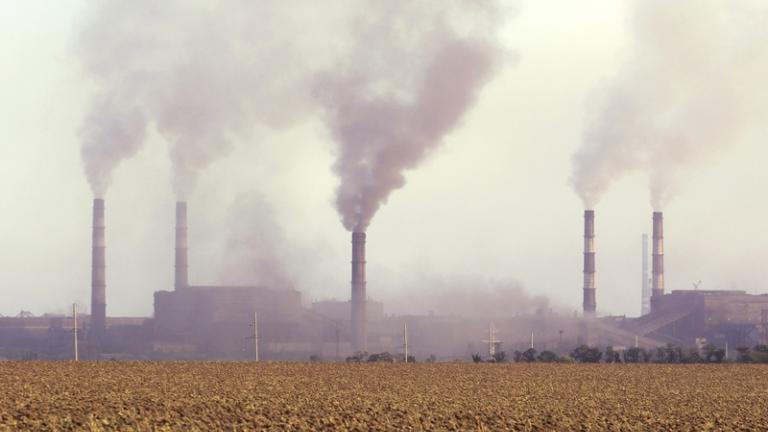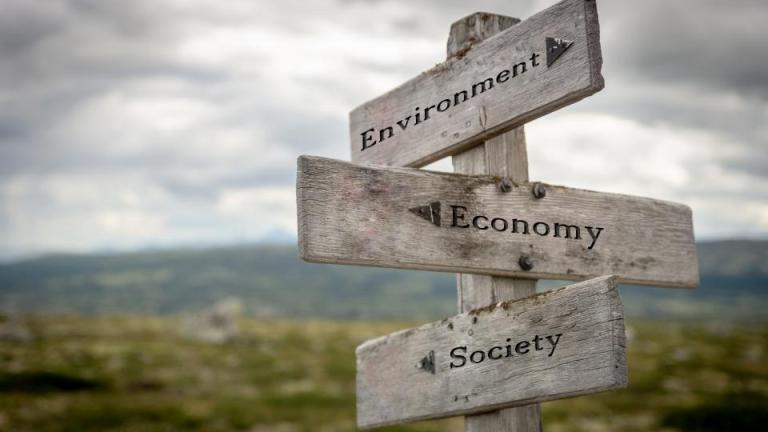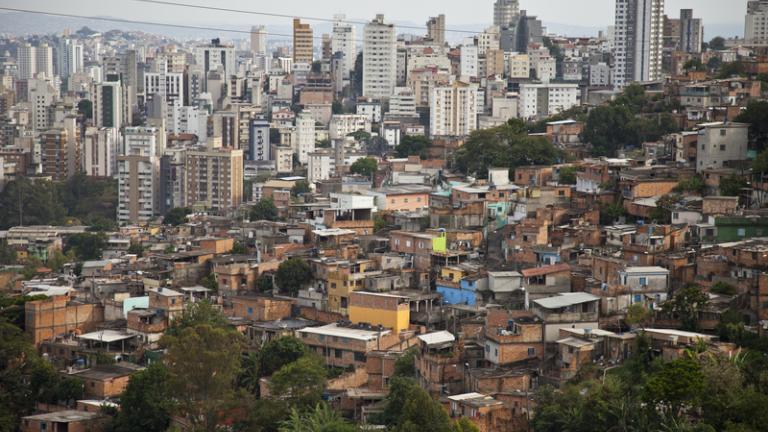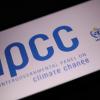ECE’s overarching vision is to provide evidence-based, scientific roadmaps for feasible systems transformations that simultaneously meet the Sustainable Development Goals (SDGs) and ambitious climate change mitigation targets.
Emphasis is placed specifically on local policy decisions and actions required in the short term to put the world on track to achieve long-term targets while assuring human health, wellbeing, and the reduction of social inequalities in a socially and economically sustainable manner. The program’s systems analytical tools enable it to act as an objective scientific broker in support of sustainable transformational processes. ECE combines the research portfolios of the former Air Quality and Greenhouse Gases, Energy, and Transitions to New Technologies programs.
The ECE program is organized in four Research Groups which encompass different thematic areas of research:
ECE Research Groups

Integrated Assessment and Climate Change (IACC)
The IACC Group leads the development of tools for a new generation of “coupled” global transformation pathways that are able to represent bottom-up local constraints and opportunities at the national and sub-national scale, which is a major focus of the ECE Program.

Pollution Management (PM)
The PM Group focusses on solving immediate and near-term environmental (health and ecosystems impacts from pollution), climate (non-CO2 greenhouse gases), and social (widening inequality gaps) problems in a cost-effective way, providing support to policymaking at local and regional scales.

Sustainable Service Systems (S3)
The S3 Group focuses on demand-side systems as entry points for sustainable transformations. The group analyses demand for energy and materials through the lens of service provision of mobility, shelter, and consumer goods, as well as how lifestyle changes can contribute to consumption reduction.

Transformative Institutional and Social Solutions (TISS)
The TISS Group explores innovative solutions to environmental issues that integrate social, institutional, and governance drivers with technological and economic considerations, with an emphasis on improving conditions for the most deprived and marginalized in society.
Models, tools, datasets
Projects
Staff
News

16 July 2024
Mapping global rooftop growth for sustainable energy and urban planning

28 June 2024
Drowning in waste: pollution hotspots in aquatic environments

21 June 2024
Supporting the right small changes can have big impacts
Events
Kuppelsaal, Technical University of Vienna (Karlsplatz 13, 1040 Vienna)
IIASA at the grand opening of the Vienna summer universities Alternative Economic and Monetary Systems and Green.Building.Solutions.
Focus

25 July 2024
Exploring circularity through science and art: CircEUlar project at the Vienna Climate Summit
The first Vienna Climate Biennale took place from April to July. CircEUlar was one of the scientific partners of the Biennale, contributing insights on the potential of circular economy strategies to combat climate change. Project coordinators Marina Jovanovic and Volker Krey reflect on the 100-day festival and the unique collaboration between science and art.
27 June 2024
RESIST

Publications
Hirata, A., Ohashi, H., Hasegawa, T., Fujimori, S. , Takahashi, K., Tsuchiya, K., & Matsui, T. (2024). The choice of land-based climate change mitigation measures influences future global biodiversity loss. Communications Earth & Environment 5 (1) e259. 10.1038/s43247-024-01433-4. Oshiro, K. & Fujimori, S. (2024). Mid-century net-zero emissions pathways for Japan: Potential roles of global mitigation scenarios in informing national decarbonization strategies. Energy and Climate Change 5 e100128. 10.1016/j.egycc.2024.100128. Makowski, M. , Granat, J., Shekhovtsov, A., Nahorski, Z., & Zhao, J. (2024). pyMCMA: Uniformly distributed Pareto-front representation. SoftwareX 27 e101801. 10.1016/j.softx.2024.101801. Esperon-Rodriguez, M., Gallagher, R.V., Souverijns, N., Lejeune, Q., Schleussner, C.-F., & Tjoelker, M.G. (2024). Mapping the climate risk to urban forests at city scale. Landscape and Urban Planning 248 e105090. 10.1016/j.landurbplan.2024.105090. Khan, F., Byers, E. , Carlin, D., & Riahi, K. (2024). Science-based principles for corporate climate transition risk quantification. Nature Climate Change 10.1038/s41558-024-02067-2. (In Press)











